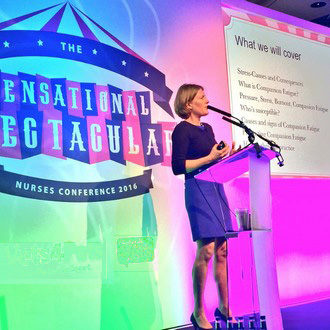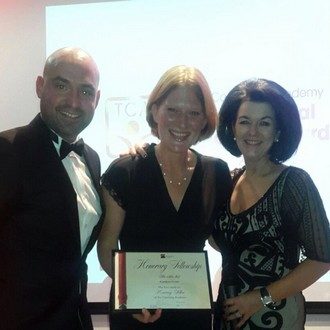With the time available, life can feel like an uphill battle.
Time is our most precious resource, but is there ever enough?
Time management often seems beyond the reach of mere mortals, but some people seem to fit five times more than the average person into every day. They’re not super-human, they simply plan and manage their time effectively. And you can too!
One of the most difficult things is deciding exactly what you need to focus on.
Important things are things you value. They contribute to your purpose and don’t have a time frame. They are things you keep meaning to do but don’t get around to as other things get in the way, like exercise, doing a professional qualification or organising team meetings.
Urgent things have a consequence if you don’t do them and have a time frame, such as ringing a client or getting your staff appraisals done.
Routine things are daily tasks, such as cleaning the house, paying bills or filling up the car.
Always schedule your important things first. If you fill your life with urgent and routine things, you’ll be busy but you’ll feel robotic and unfulfilled.
So, how do you become more effective and productive, have more time for yourself and be less stressed?
Firstly, you must establish three things:
- Where does your time go?
- How do you want/need to allocate your time?
- What changes can you make to enable this?
What does your day look like currently?
Use a time diary to identify where you spend your time but be completely honest.
You’re doing this for your benefit to identify the problems. Most people are surprised by the results, so don’t panic if you are too!
Now you need to decide where your time should be spent. What’s missing or neglected? What’s stealing more time than it’s worth?
Remind yourself what your important things are and think about the activities that most affect you, your business or your customers, and prioritise these.
It sounds simple, but there’s wasted time in everyone’s day that you can reduce when you’ve identified it, maybe poor journey planning, inefficient layout of equipment or ineffective protocols.
Now identify your time stealers and address them; they cause frustration and stress.
It might be removing distractions such as your mobile phone when focussing on business-critical tasks or it could be about influencing colleagues’ behaviours or delegating tasks.
Next replace your waste and time stealers with activities that are important and fulfilling. Maybe your time diary highlights you spend one hour every day on social media. That’s half a day a week! Wouldn’t you rather replace it with something else, such as spending time with family, starting that ‘project’ or reading a good book?
Take action
Look at the list of activities in your time diary:
- What needs more or less attention?
- What’s missing from work or leisure?
- What’s important to you right now?
Take the time to organise your day, week or month to ensure your time is spent doing what you want and need to do.
Allocate your time, putting your important and urgent tasks in first and assigning each a realistic time allowance, not forgetting planning time and where you need others’ input.
Review and re-do your list at the beginning and end of each day. If it didn’t go to plan, you either failed to plan correctly or you didn’t stick to your plan!
Most importantly, remember why you’re doing this – to feel less frazzled, be more productive and have more time for the important things in life.
If you would like to take control of your life and career, my online personal development programme MyLifeStrategy can help you to overcome the personal and professional challenges you face on a daily basis and learn practical skills and techniques to make a real difference to you and your life.
I’ve developed the Time Management for the Time Poor module to help you to get the most out of your time. It will show you how to manage yourself and your behaviours, how to optimise your time, how to prioritise, delegate, stop procrastinating and put yourself back in control of your life and your time.








